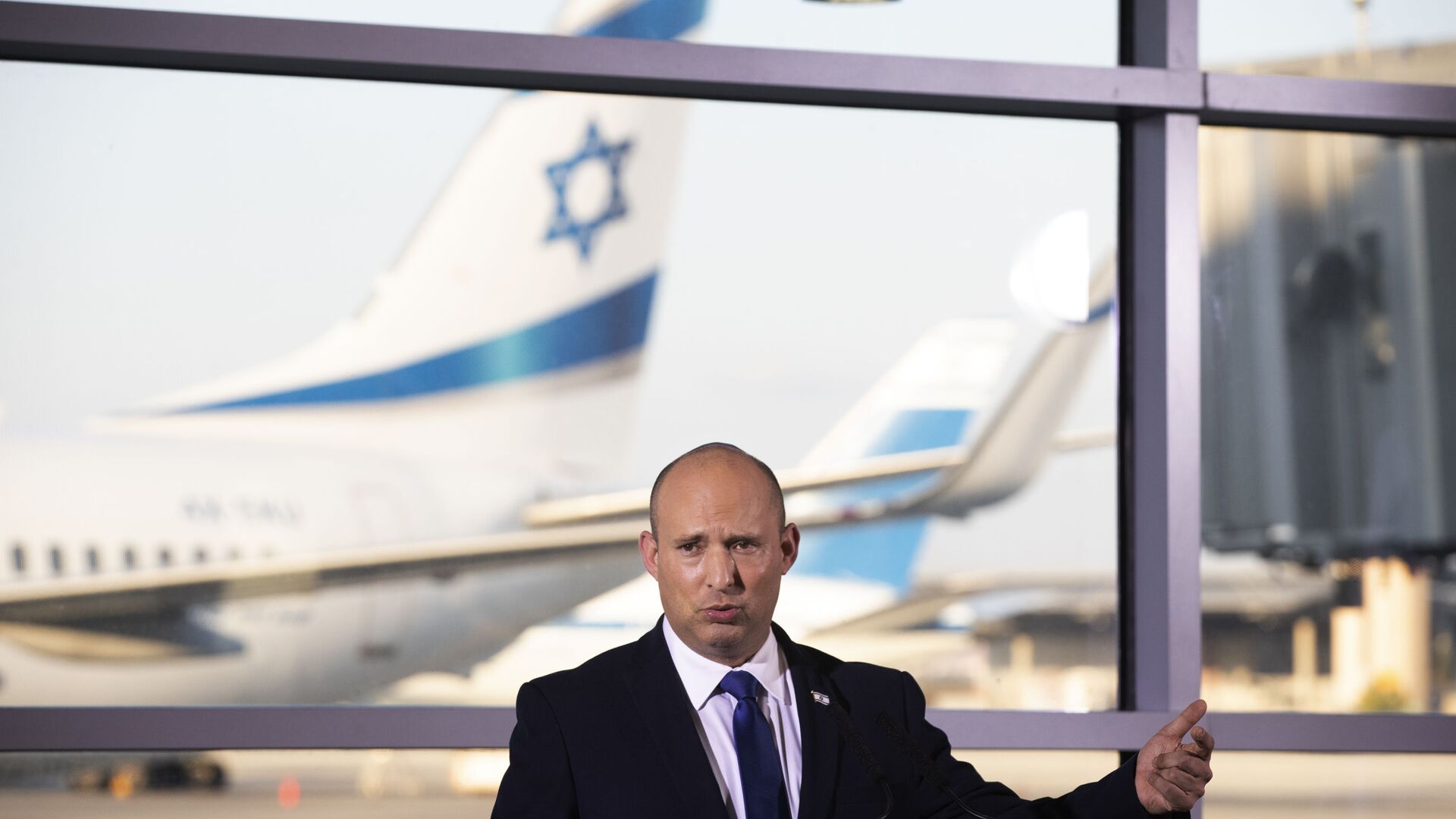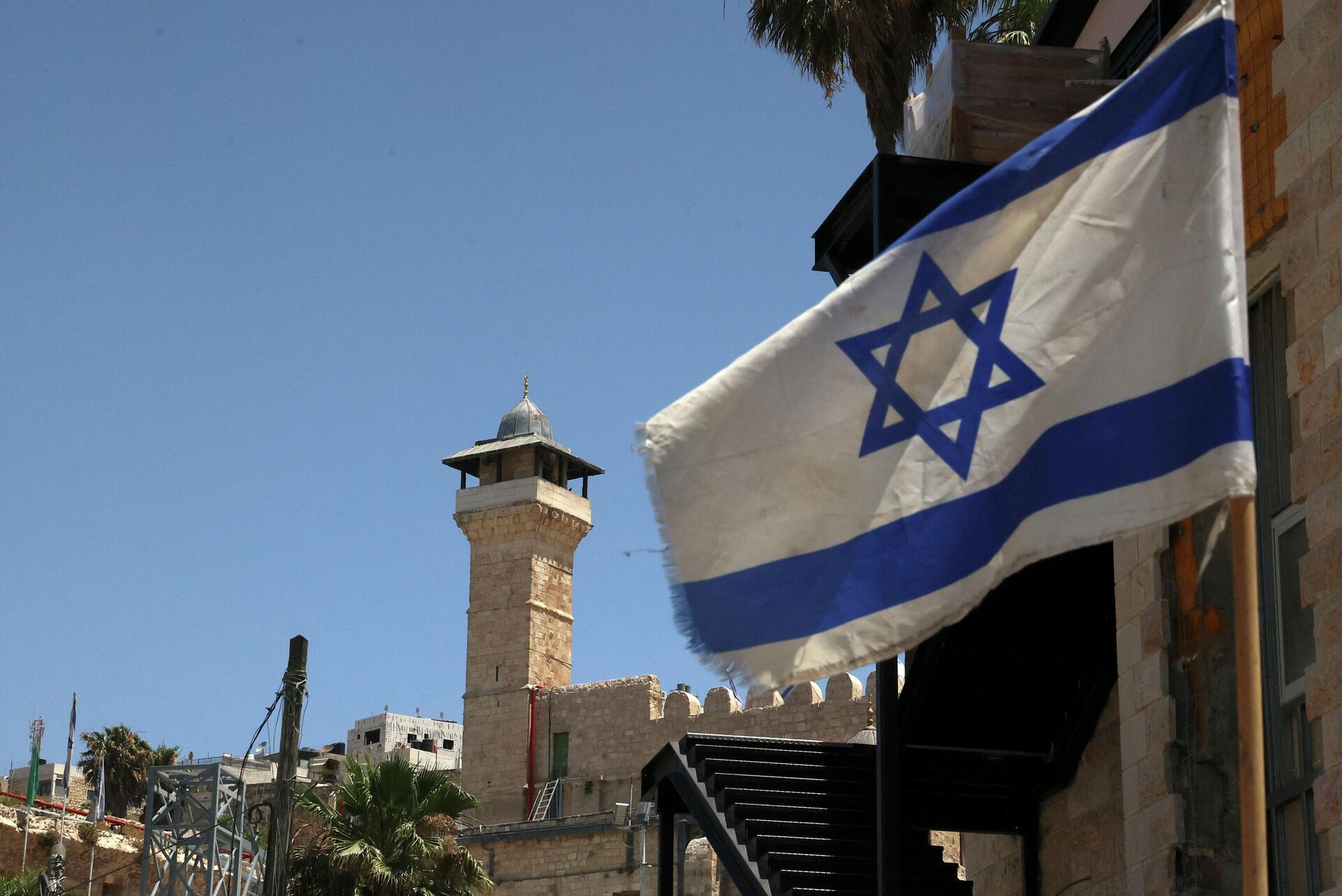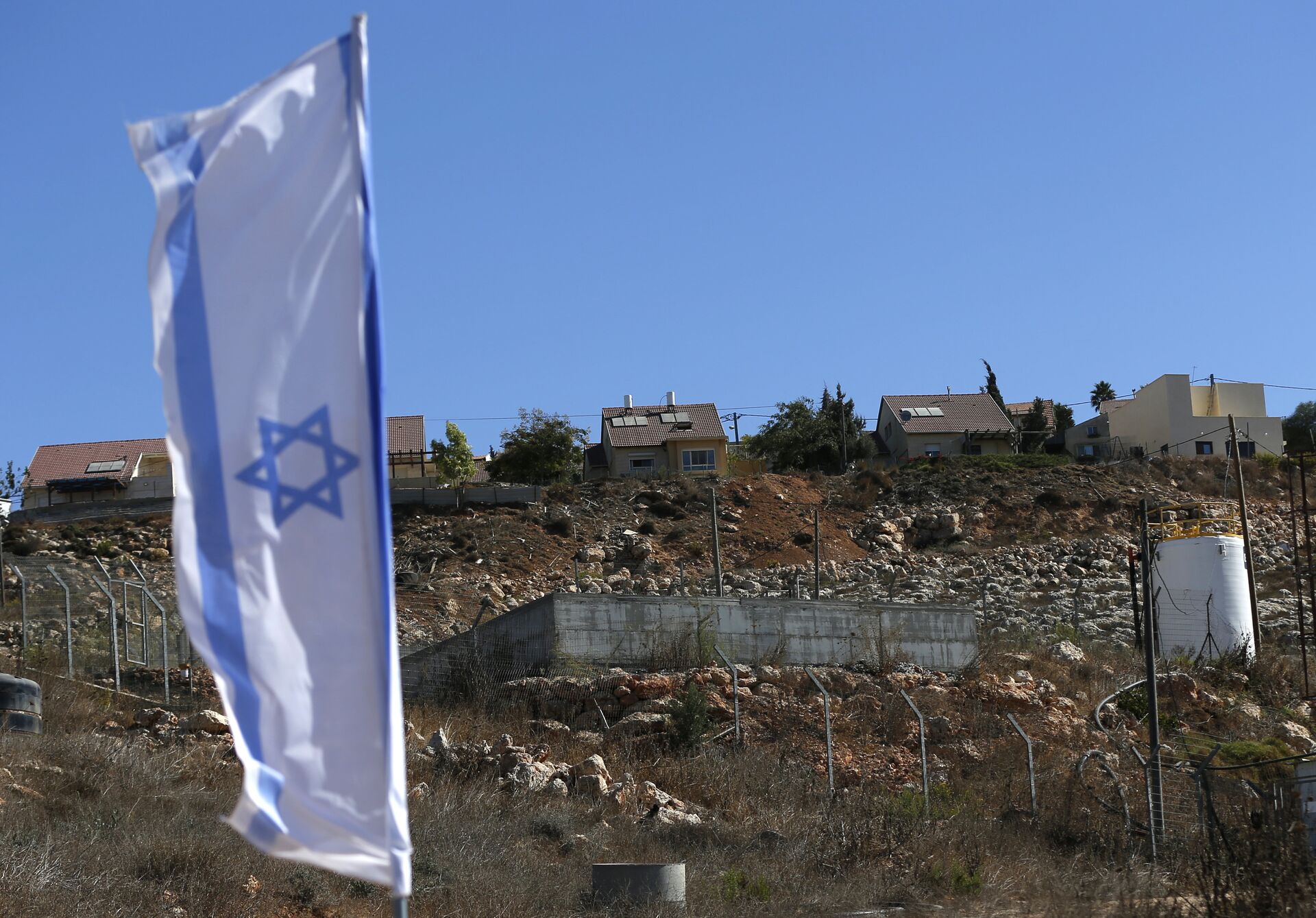No Stability in Sight: Legislation That May Collapse Israel's Coalition
07:00 GMT 06.06.2022 (Updated: 17:26 GMT 15.01.2023)

© AP Photo / Maya Alleruzzo
Subscribe
In 1967, after Israel captured the West Bank, it didn't annex the territory outright; through the years, it has applied two sets of law to the population living there. While Palestinians live under military rule, Jews are bound by the civil and criminal law of Israel. This set-up has been extended every five years but is now being questioned.
Another challenge has arisen for Israel's coalition government. Later today, lawmakers are expected to vote on a bill that would renew the application of civil and criminal law to Israelis living in the West Bank, an emergency measure that was applied in the aftermath of the Six Day War.
Divided We Stand
After capturing the West Bank, or 'Judea and Samaria' as it is known in Israel, from Jordan in 1967, Israel didn't annex the territory. Instead it applied military law to all Palestinians. Jews living there were granted all civil rights, but the law needed to be extended every five years. The last time Israeli officials did so was in 2017. By the end of this June, they were expected to do it again, but they are running into a problem - divisions within the coalition.
That coalition led by Prime Minister Naftali Bennett is comprised of eight parties with conflicting ideologies. The majority of its members support the extension of the bill. They claim that a failure to pass it would lead to dire repercussions for Israel's control over the West Bank.

An Israeli flag flies in a street in front of the Ibrahimi Mosque or the Tomb of the patriarches, in the occupied West Bank town of Hebron, on May 26, 2022.
© AFP 2023 / HAZEM BADER
On a civil level, they say, it would mean that Israelis residing in the West Bank might be cut off from some essential services provided by the state, such as medical care or pensions. On a security level, the outcome would be that the police would be unable to arrest and jail Israelis who committed a crime in the West Bank or those who escaped to the area.
Some 3,500 Palestinians, who committed their offenses in Judea and Samaria, would not be imprisoned inside Israel, the way it is now. They would need to serve their sentence within the West Bank's territory. And the general belief is that Israel doesn't have any option to transport them from their current prisons or establish new ones in the West Bank.
Nearing a Collapse?
Not everyone in the coalition, however, shares the concerns that a failure to pass the bill would lead to dire repercussions. Raam, an Islamic party with purported ties to the Muslim Brotherhood, has been largely against the extension of the bill. For them, the current situation where Palestinians and Israelis abide by two sets of laws is unacceptable, and they have vowed to change it.
The problem for them is that they are divided. Mansour Abbas, the leader of the faction, would like to support the bill and extend the law. He isn't doing so because he supports Israel or Jewish settlement activity; his approval stems from an understanding that a failure to pass the legislation would collapse the current government. If that happens, the billions of dollars promised to him and the Arab community would be called into question, a scenario he would like to avoid.

Israeli national flag flying next to an Israeli building site of new housing units in the Jewish settlement of Shilo in the occupied Palestinian West Bank.
© AFP 2023 / Ahmad Gharabli
Right now, Abbas is trying to convince the other three members of his faction to throw their support behind the bill. So far, his efforts haven't bore any fruit, but the general belief is that even if he manages to gain their support, it will grant the coalition a total of 60 votes, definitely not enough to pass the legislation.
Nevertheless, despite the lack of progress, and the mounting warnings of some coalition members that the bloc is living its last days, members of the government remain optimistic. They say they will eventually garnish enough votes to pass the bill. This scenario seems to be far-fetched now, but in the past this coalition has showed that it has enough resilience to stay on. This time around, it might prove it again.


